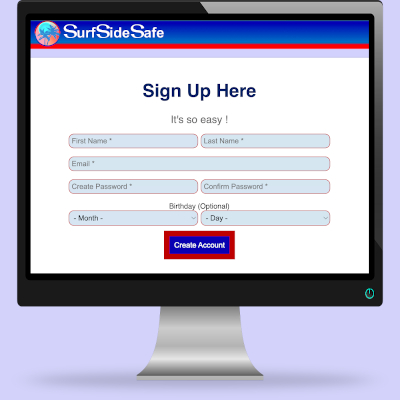8 Rules of Effective Communication in Difficult Conversations |
 Relationships
Relationships
Difficult conversations can be emotionally draining, and you must be mentally prepared to handle the situation.
Take some time to calm your mind and emotions, and try to understand the other person's perspective. This will help you approach the conversation with a clear and open mind.
Many times, we hear what the other person is saying, BUT, we don't really listen. We already have a preconceived notion of how we are going to respond. However, by not listening actively, we sometimes fail to understand the other person's point of view.
In difficult conversations, it is crucial to actively listen to what the other person is saying without interrupting or judging.
Pay attention to their body language and tone, and try to read between the lines to understand their feelings and emotions. As a result, you are better able to give them a much better response.
When expressing your thoughts and feelings, it is essential to use I statements rather than you statements.
For example, instead of saying, You always make me feel angry, you can say I feel angry when this happens.
This approach avoids blame and defensiveness and allows for a more open and honest conversation.
Empathy is the ability to understand how another person feels.
In difficult conversations, it is crucial to be empathetic towards the other person's feelings and emotions.
Put yourself in their shoes and try to see the situation from their perspective. This will help you communicate with compassion and understanding.
In difficult conversations, emotions can often cloud our judgment. We may say things that are not entirely accurate.
It is essential to stick to the facts and avoid exaggerating or making assumptions. Stick to what you know to be true, and avoid adding your interpretation or opinions to the situation.
Difficult conversations can be emotionally charged, and it is okay to take a break if needed.
If you feel the need, take a break, and grab yourself a cup of coffee. Encourage the other person (or people) to do the same. When you come back, you will be recharged and energized.
If you feel overwhelmed or need some time to gather your thoughts, it is essential to communicate this to the other person and take a break. This will allow both parties to calm down and and then return to the conversation with a clear mind.

Another way to take a break:
Change the subject!
Mutually agree to talk about something else for the time being, with the idea that you will come back to the original conversation.
Breaking the monotony can get both parties to move in a different direction, causing them to relax, and just unwind.
Successful negotiators do this all the time.
A difficult conversation is like a tough negotiation, wouldn't you say?
Blaming and attacking the other person will only escalate the situation and make it more difficult to communicate effectively.
Instead, focus on expressing your feelings and needs without attacking the other person. This will help keep the conversation productive and prevent it from turning into an argument.
After a difficult conversation, it is crucial to end on a positive note. Even if you do not reach a resolution, it is essential to acknowledge the effort made by both parties and thank them for their time. This will show that you value the other person and their perspective, and it will leave the door open for future communication.
If you want effective communication, NEVER BURN BRIDGES!
Difficult conversations are never easy, but by following these eight rules of effective communication, you can navigate them more successfully. These rules will help you have more productive and meaningful conversations, even in the most challenging situations.
Thank you for visiting us. Please visit us again. You are always welcome.
AND:
Remember! At SurfSideSafe, we are here to make your life much better.
Join SurfSideSafeCreating an account with SurfSideSafe is very easy.In a few minutes, you will have the best Social Media experience you have ever had in your life.  |

Upload☻Create☻Connect
All in one place
And we actually listen
👉 See why people are making the switch

Creating an account with SurfSideSafe is very easy.
In a few minutes, you will have the best Social Media experience you have ever had in your life.
